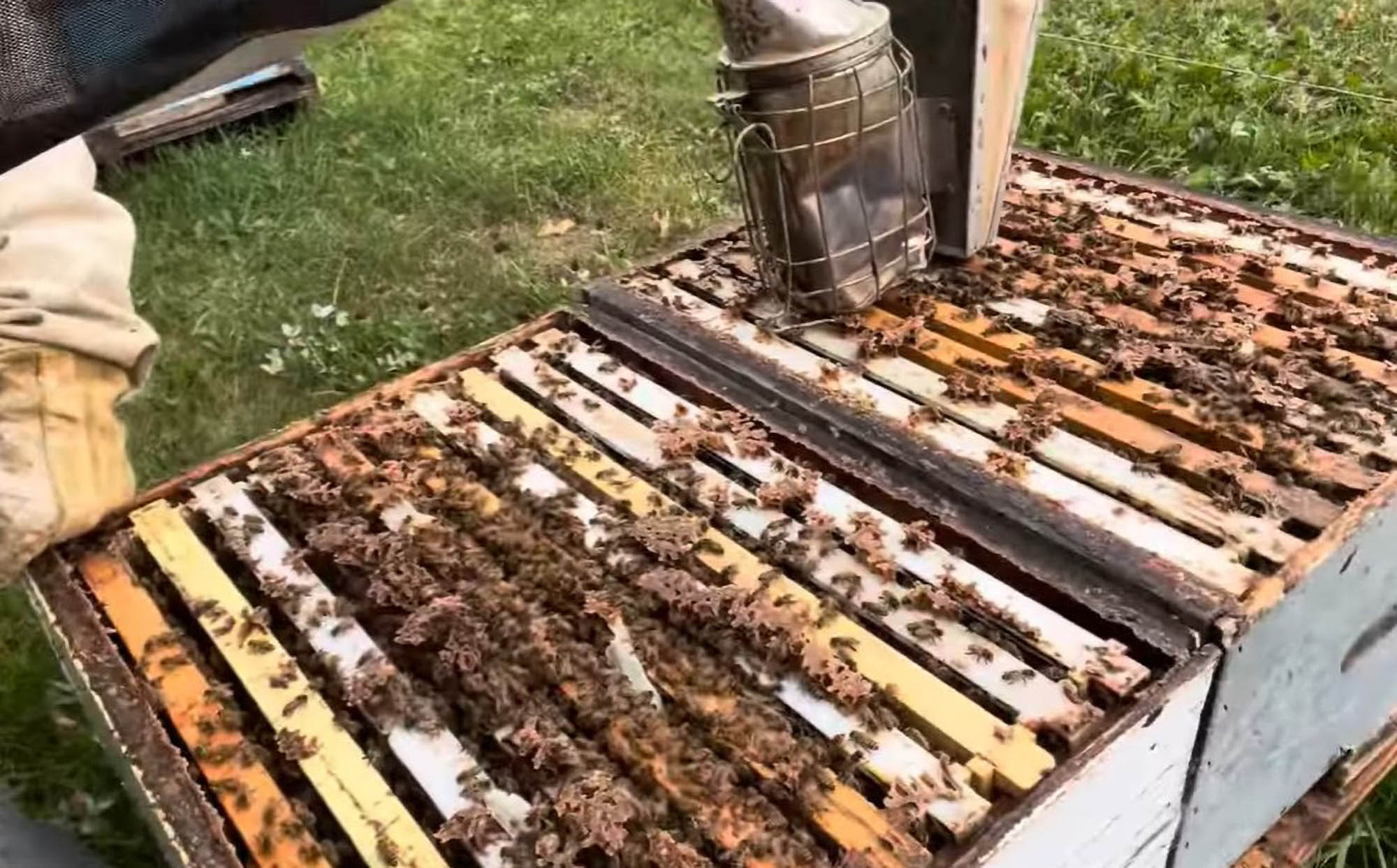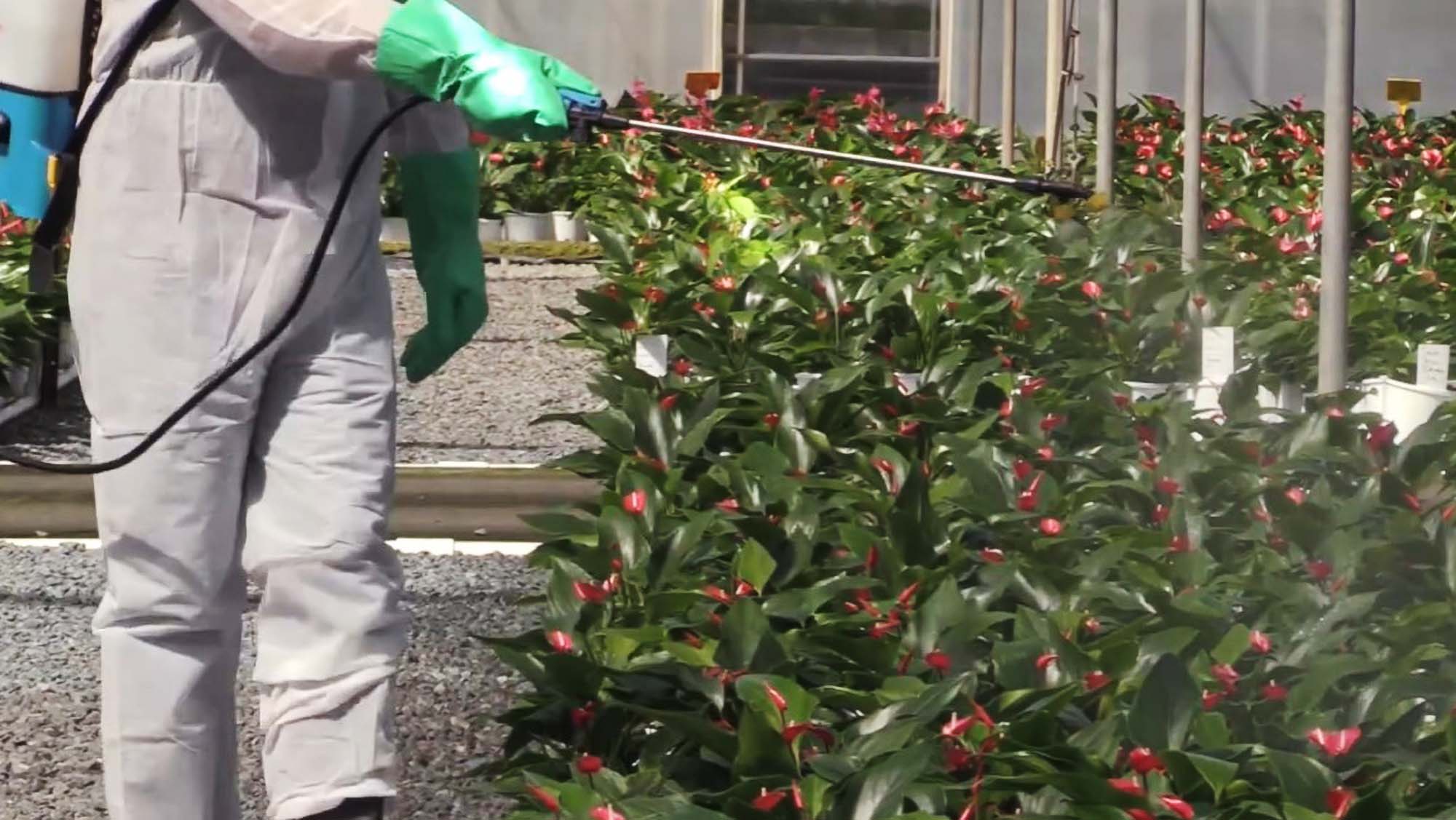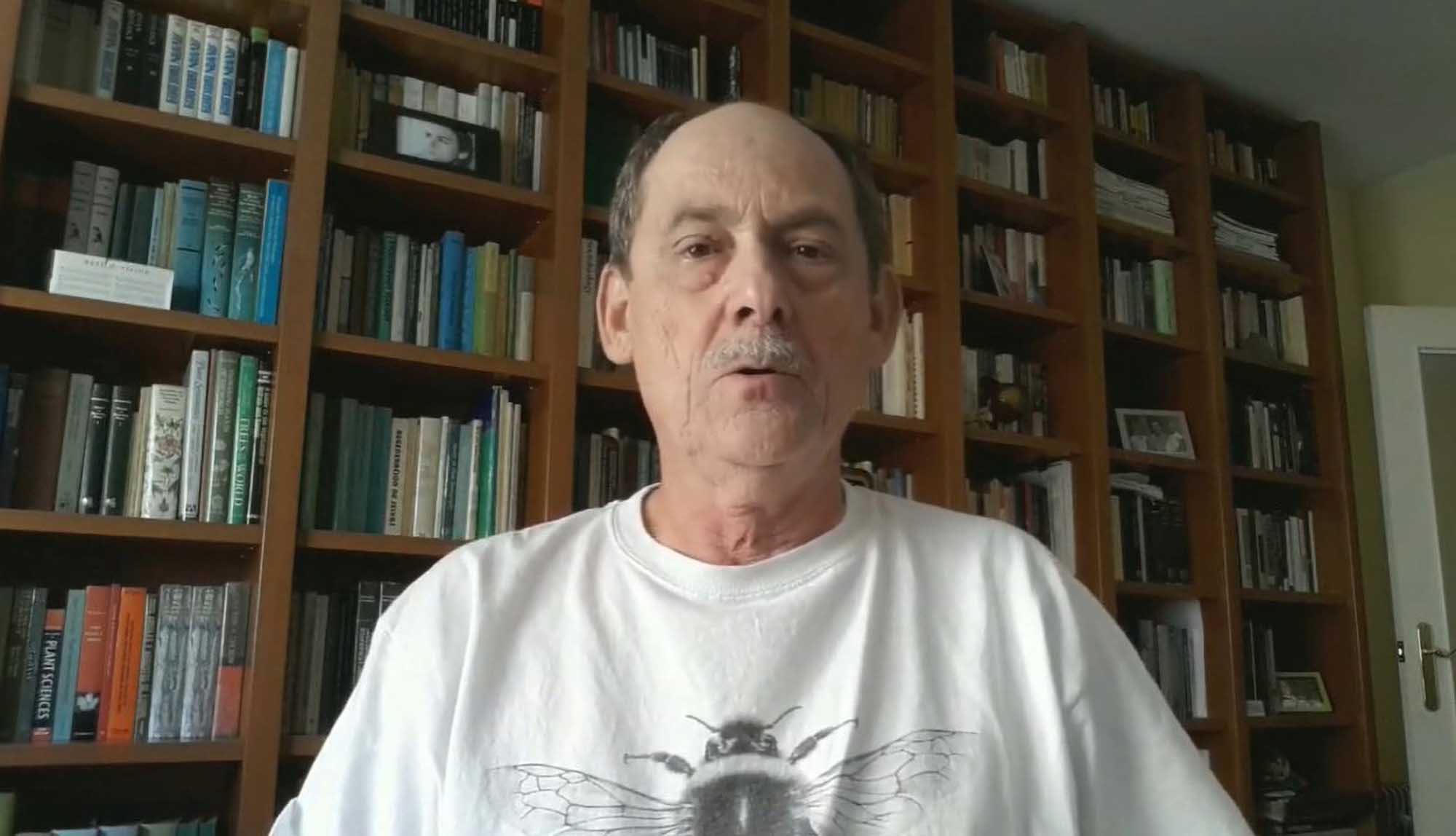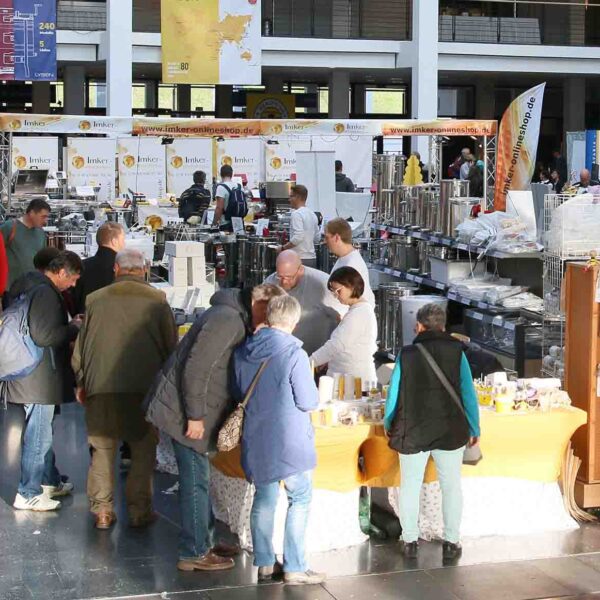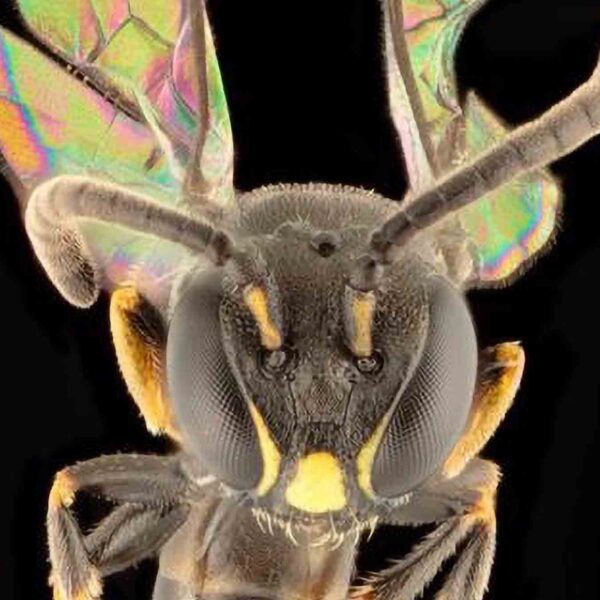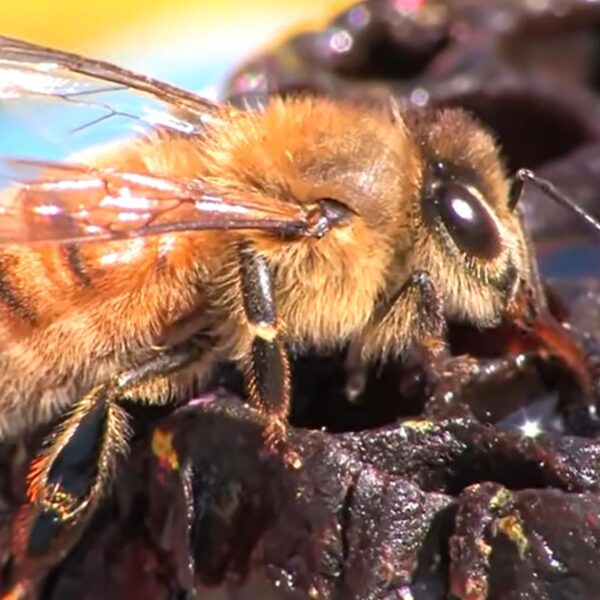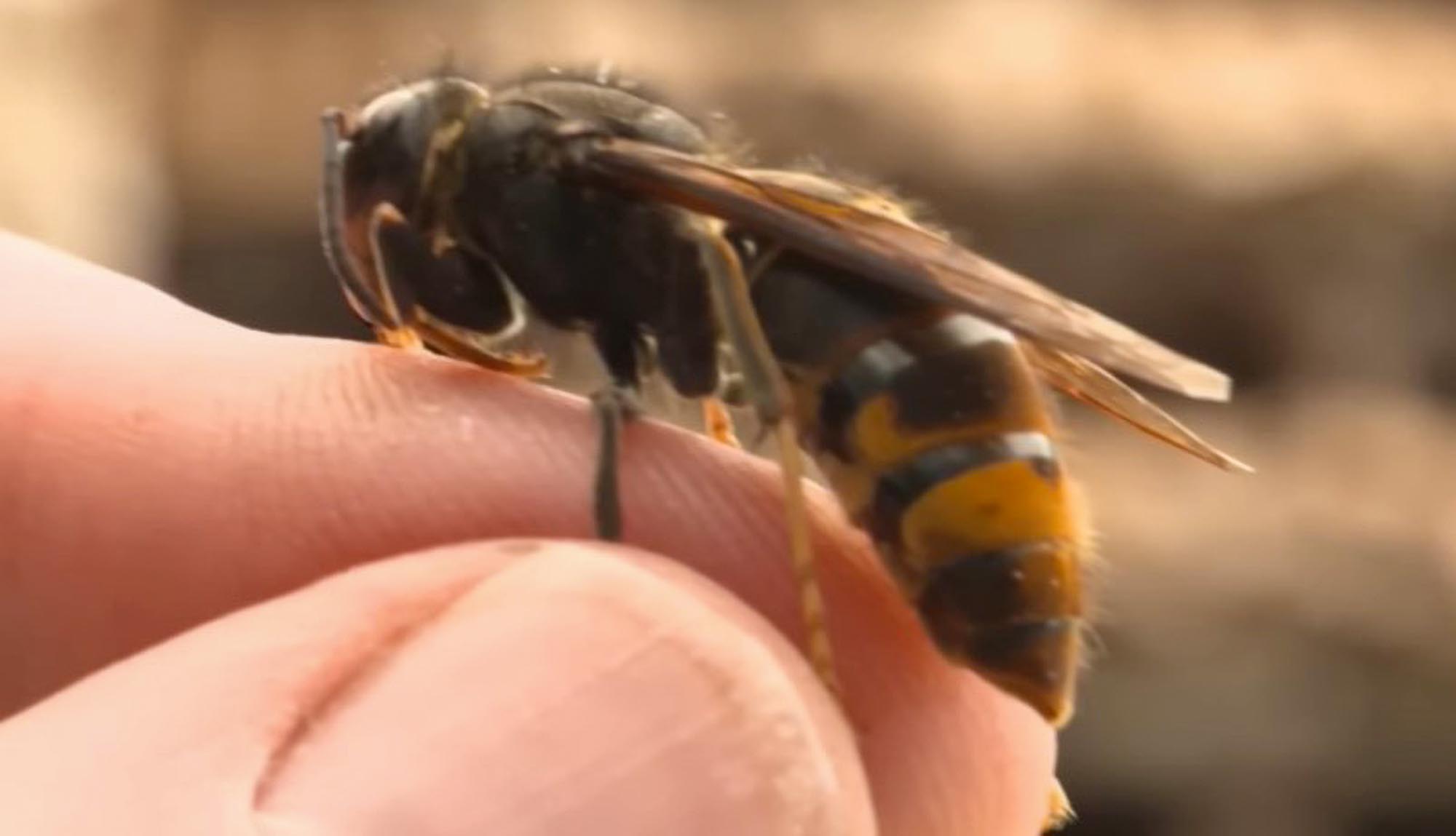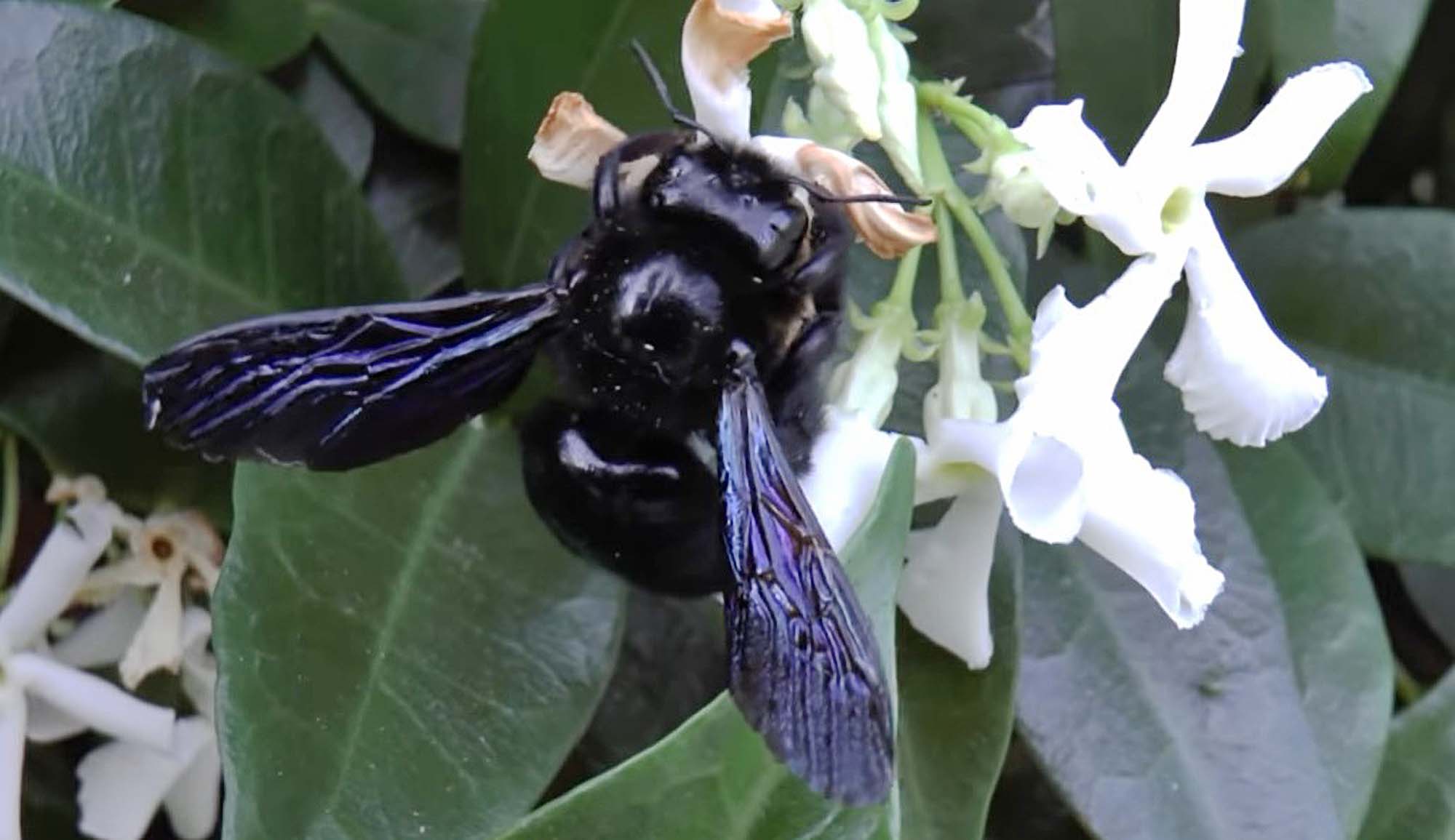A leading Swiss apiculture organisation has branded a researcher’s claims that all honeybee colonies in the country are sick and might die within two years as “irritating”.
Bern University scientist Prof Dr Peter Neumann caused controversy by saying that no steps forward had been made in combating the dangerous Varroa destructor mite in the past 30 years.
Speaking to the Tagblatt, the head of the Centre for Bee Health warned: “We need to finally carry out a sustainable battle against the Varroa mite.”
Prof Neumann added it would be “crazy” that there had not been any progress in decreasing the proliferation of the parasite which spreads viruses and weakens the pollinators by sucking their fat-storage cells.
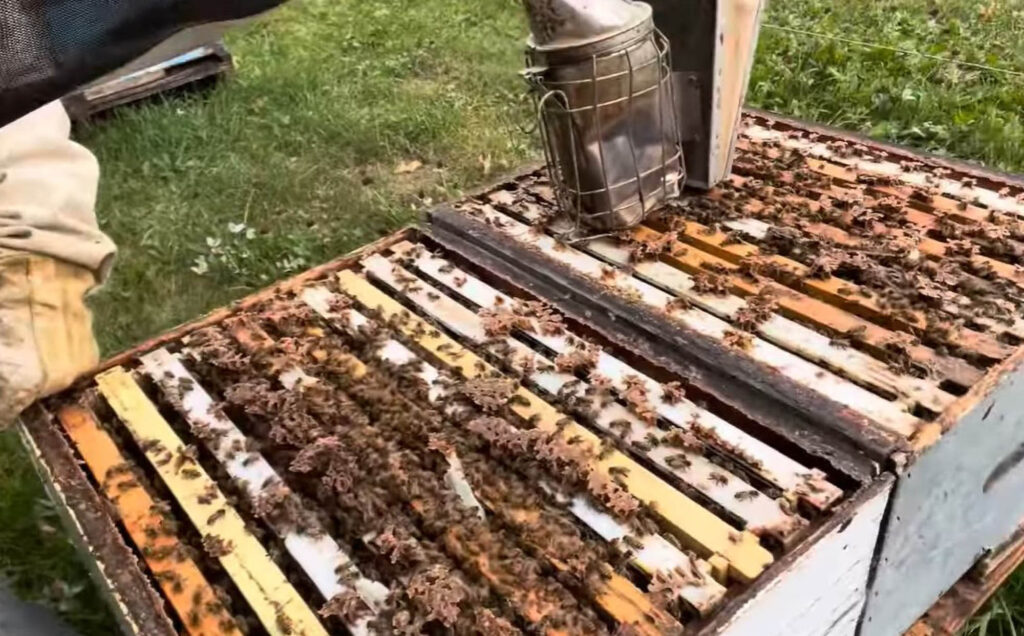
The bee expert argued: “All honeybee colonies in Switzerland are chronically ill. And if beekeepers fail to react, they will be dead within one to two years. Full stop.”
Now Bienen Schweiz, the Alpine country’s biggest union of beekeepers, hit back by claiming some statements of Prof Neumann were “fragmentary and therefore wrong.”
Bienen Schweiz officials are of the opinion that “professors are sometimes wrong as well,” according to the Bauern Zeitung newspaper.
The organisation, which has around 14,000 members, also rejected the scientist’s critical stance towards a parliamentary initiative aimed at the protection of domesticated and solitary bees.
Referring to the persistent threat caused by the Varroa mite, the Bienen Schweiz representatives said in their statement: “The health of honeybee colonies would only be concerning if no treatment happened.”
The beekeeper union went on to call the German scientist’s statements “irritating.”
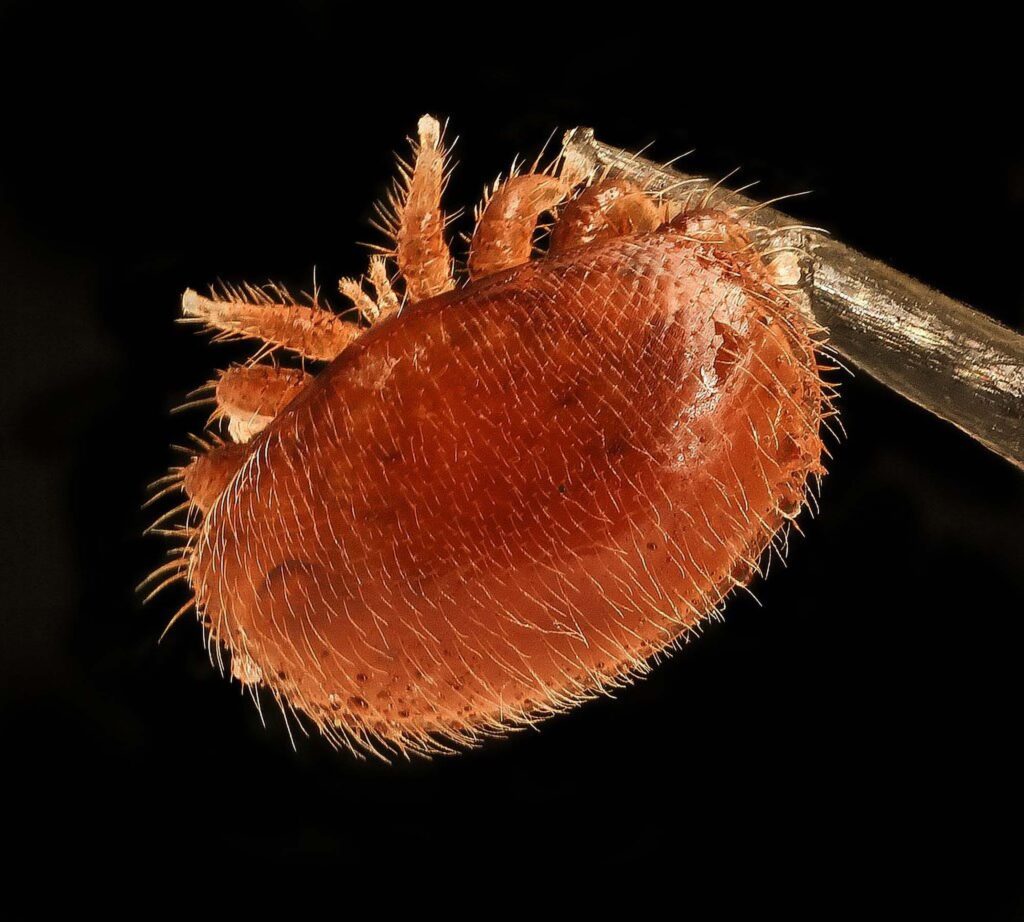
Speaking about their negotiations with federal lawmakers, they criticised: “Prof Neumann is not involved at all. His institute does not have any impact on the beekeepers of Switzerland.”
More than 17,500 of the Central European country’s 8.6 million inhabitants engage in beekeeping, according to Agroscope, a research centre.
Domesticated honeybees are kept in hives. They live in colonies consisting of up to 50,000 insects. Solitary bees, however, build their nests in cavities in the soil but also in deadwood.
All bee species are of great importance for ecosystems due to their pollination of flowers and plants. Experts estimate that around one third of all the food we eat depends on healthy pollinator populations.

